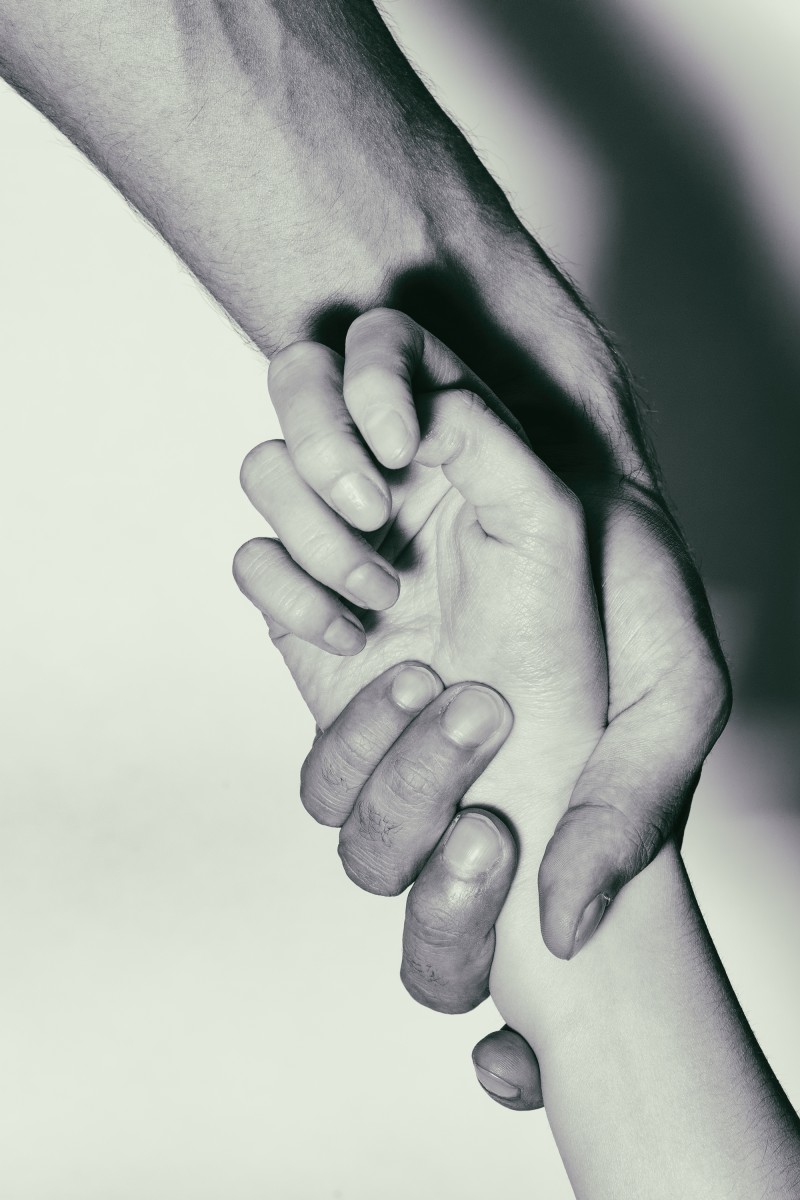
How to spot signs of drug abuse and offer help in a supportive way
- For young people in Hong Kong, peer pressure is one of the biggest reasons for drug abuse
- Remember to be patient and understanding if you're trying to help a friend

Among young Hongkongers, peer pressure is often one of the biggest reasons for drug use. Combine that with the fact that first-time users often underestimate just how easy it is to become addicted to drugs, and the result is often a downward spiral that's difficult to get out of. The best way to combat drug use is still avoiding it altogether - don't even allow others to influence you into taking them in the first place.
“Be assertive and say 'no',” says Angelique Tam, executive director of The Society for the Aid and Rehabilitation of Drug Abusers (SARDA).
Of course, that can be easier said than done, and you might find yourself wondering what to do when someone you know may be abusing drugs and have become addicted. First, you need to know what telltale signs to look out for, and that in itself can be a challenge because with most of the drugs commonly used today, the effects are not very obvious, and users will often try to cover up their activities. It can be further complicated if they are taking multiple drugs which will produce different symptoms.
Demi Lovato awake after being rushed to hospital following a suspected drug overdose
However, here are some general signs to look out for that may hint at drug abuse: memory loss, difficulty concentrating, dramatic weight gain or loss, and tendency to avoid social occasions.
When dealing with abusers, you can certainly try to talk to them about it, although most will deny that they have an addiction. But ultimately, only professional help can really help them overcome it. If you suspect someone is abusing or addicted to drugs, the best thing you can do for them is to talk to them.
"Start a conversation with them. A simple, straightforward question can show your concern for them," says Sakshi Kumar, Programme Coordinator of KELY Support Group. "Ask them how they are doing and offer to listen and help them find the right kind of support."
How Elite Thai Boxing and Fitness helps troubled youth turn their lives around
Most importantly, Kumar reminds us to be patient and understanding of an addict's reservations in opening up. "It can be difficult for a person to share about their drug use but it's important to not give up."
Something else you can do is to educate yourself, increase your knowledge about substance abuse. It's easier to help determine what kind of help or treatment someone needs when you understand the difference between experimentation and addiction.
"Look after yourself, too," Kumar adds. "It can be hard to see a friend struggling to reach out, so talk to someone you trust to seek support for yourself as well."
Hong Kong students take the lead in preventing drug abuse among their peers
In fact, trust is a huge part in addressing drug abuse. Both Tam and Kumar advise young people to seek a trusted adult - whether that's a social worker, school counsellor, or a grown-up you trust - who has the knowledge of how to approach and handle this delicate situation to help.
"It can sometimes feel as though you are betraying your friend by sharing their addiction issues with someone else," Kumar says, "That's why it's important to work on maintaining your friend's trust, but also emphasise the need for them to seek professional support."
If you're struggling, reach out and talk. Hong Kong has several 24-hour hotlines that you can, and should, call when you need help. Kely Support group also has resources you may find useful.
